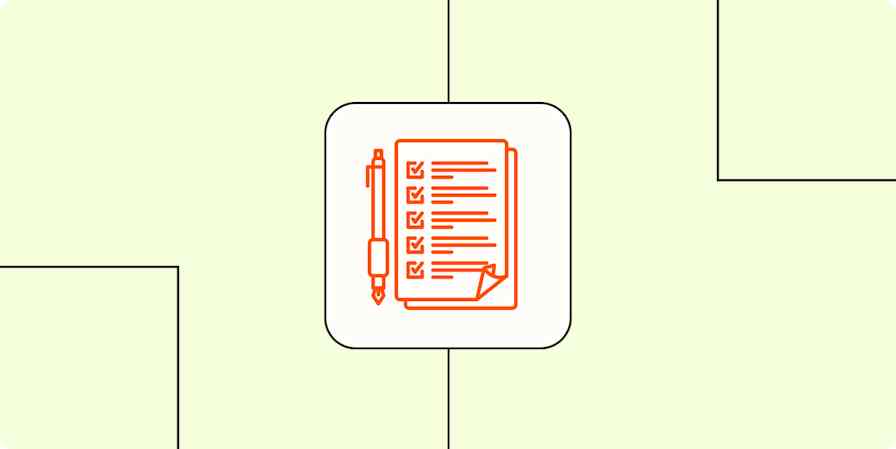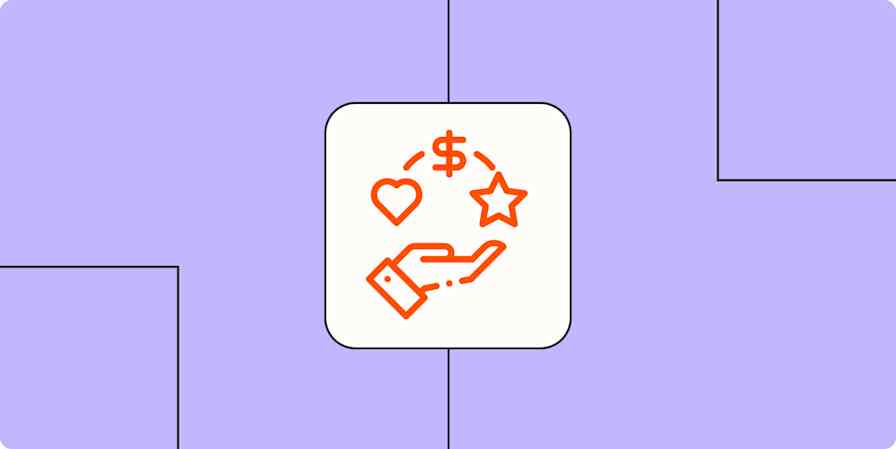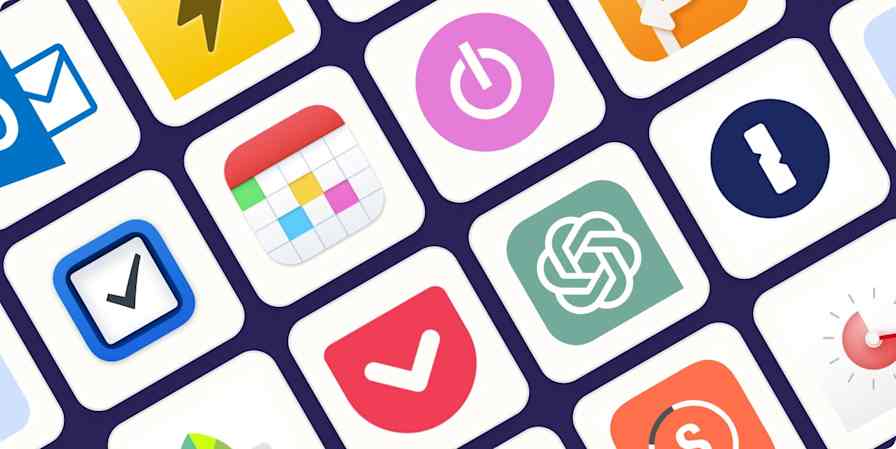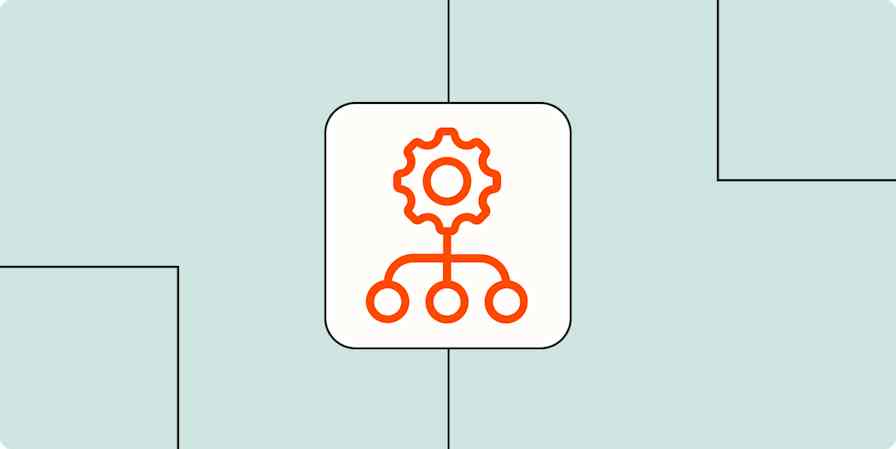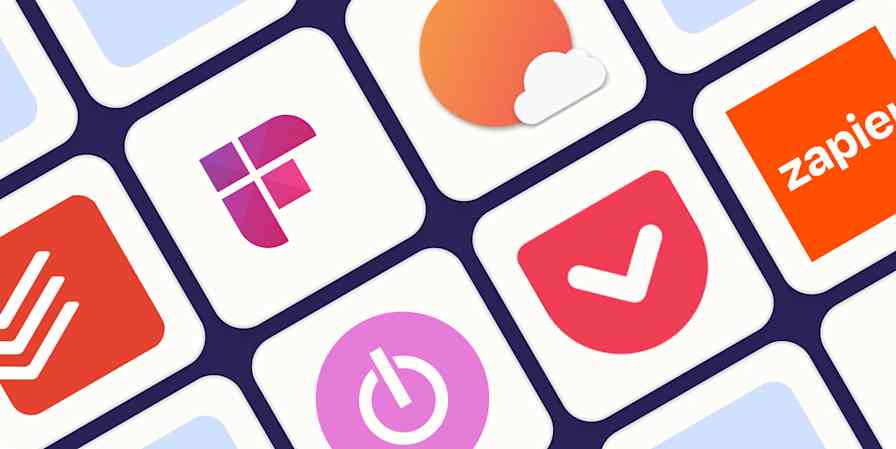Productivity tips
10 min readPresidential Productivity: How America's Leaders Balance Priorities to Get More Done
By Mihir Patkar · December 31, 2015

Get productivity tips delivered straight to your inbox
We’ll email you 1-3 times per week—and never share your information.
Related articles
Improve your productivity automatically. Use Zapier to get your apps working together.



